Common Intellectual Experience 200, Section I
Ursinus College, Spring 2022
Instructor: Christopher J. Tralie
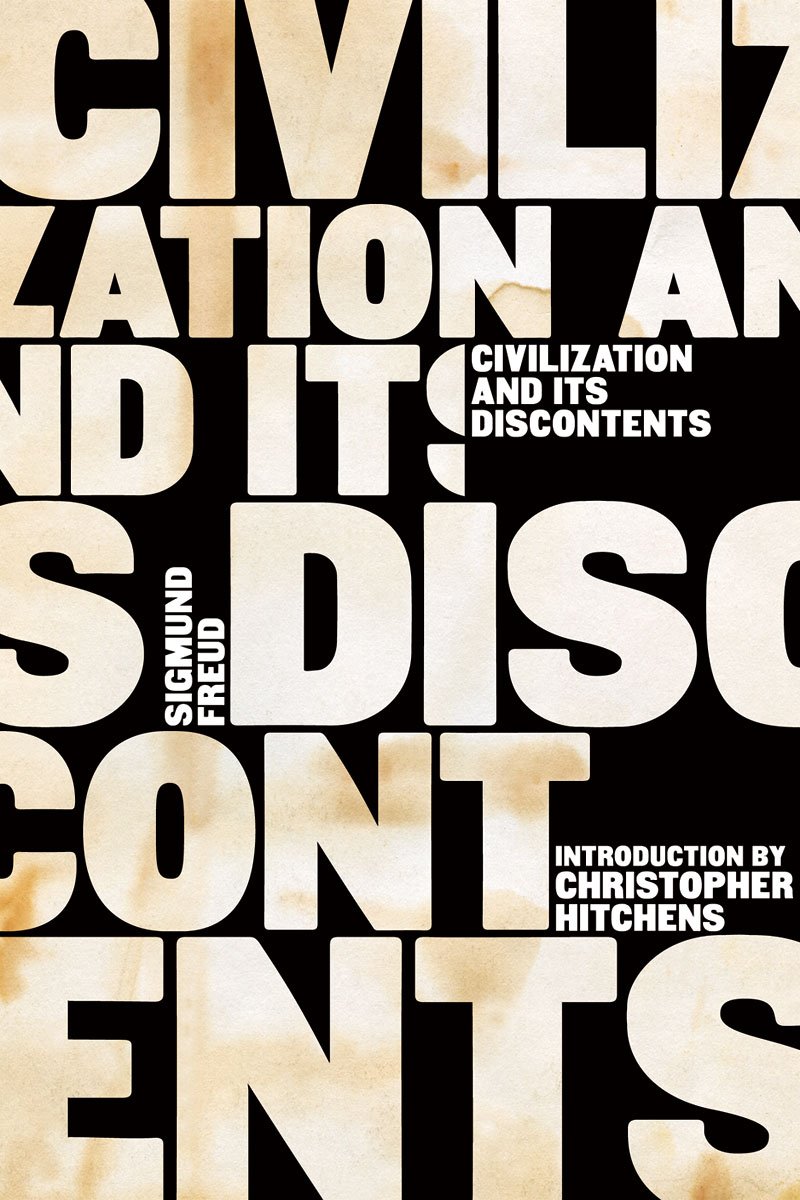
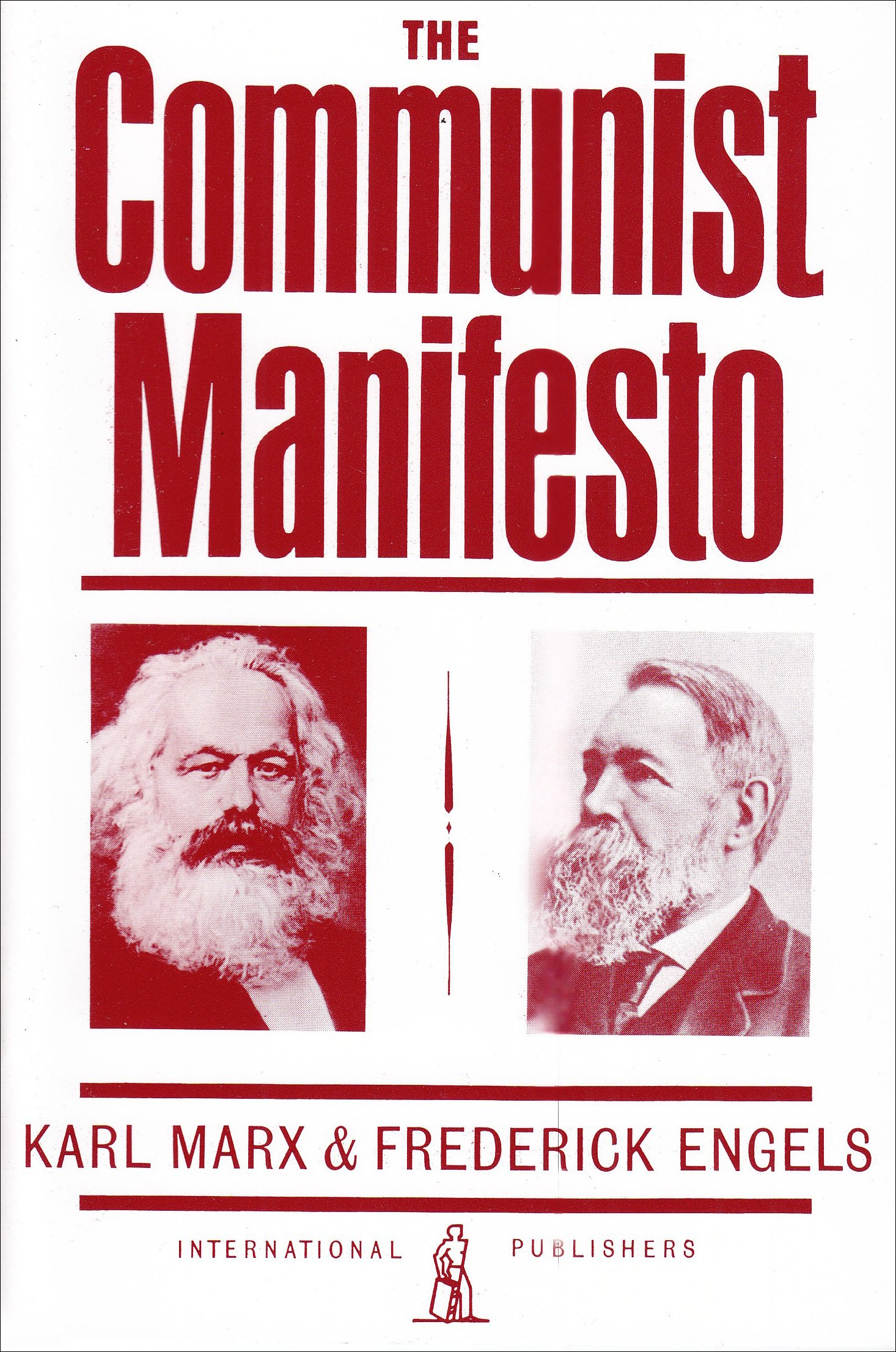

John Cage's 4'33", a bizarre "deconstructionist" piece of music that's mostly silence. We will perform this in class and reflect on the question: "what is music?"
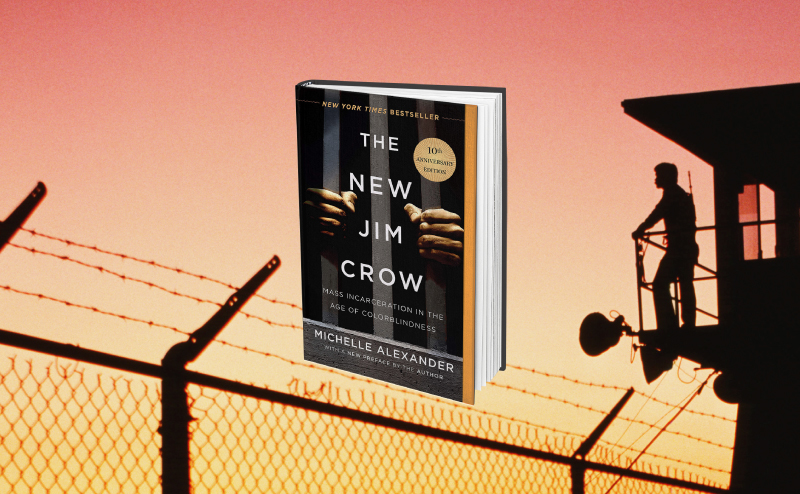

Leanne Best, Martha Plimpton and Clare Perkins in a production of Lynn Nottage's Sweat at Donmar Warehouse, London. Sweat is a play that explores the social dynamics around American de-industrialization in the early 2000's, set right around the corner in Reading, PA [Photograph: Johan Persson.]
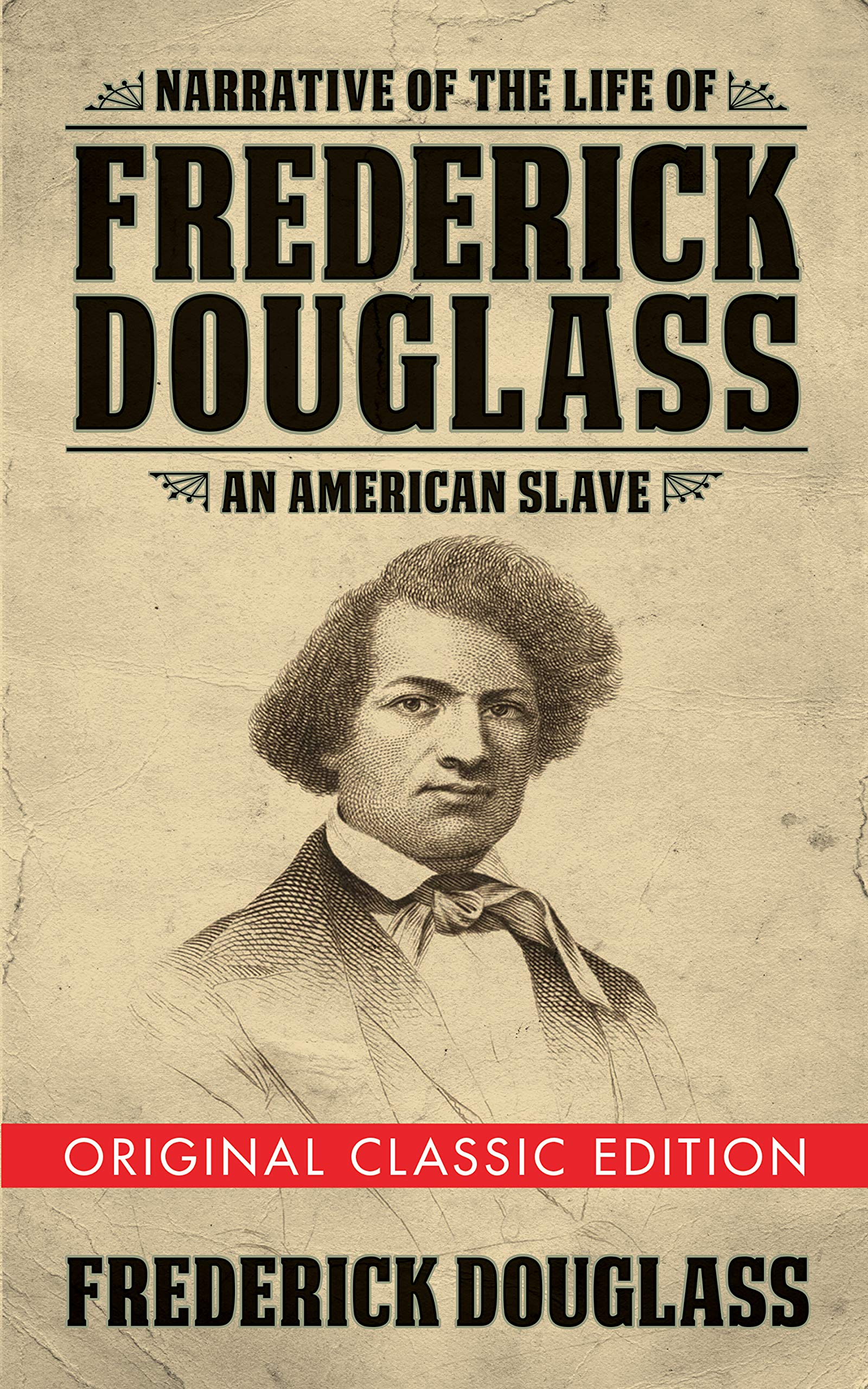
Table Of Contents
Overview
Class Times / Locations
- Monday, Wednesday, Friday from 1:30 - 2:20PM in Pfahler 109
Student Office Hours
-
Monday/Wednesday 3:30PM - 4:30PM in Pfahler 109
-
Wednesday/Friday 10AM - 11AM in Pfahler 210
-
Other times by appointment
Prerequisites/Requirements
CIE 100
Instructor

I grew up right around the corner in the Montgomery County and attended Upper Dublin High school (class of 2007). I then did my undergraduate degree in Electrical Engineering at Princeton University (the above is a picture of me there when I was your age) and my master's and Ph.D. degrees in Electrical And Computer Engineering at Duke University (heavily studying math and computer science along the way). I finally started my dream job at Ursinus College in Fall of 2019! You can read more about my interests on my professional web site.
Although I am mostly a quantitative academic, it is my pleasure and good fortune to be engaged in intellectual heritage topics with you; it provides me a much needed break from what I normally do, and it gives me an excuse to dive deeply into wonderful works of literature that I don't normally have time to peruse so closely. I hope I can model what it means to be a lifelong learner, and that we can learn from each other as we dive into some difficult topics in the class.
Course Description
The Common Intellectual Experience is a two-semester course for all first year students that brings academic inquiry to bear on the central questions of a liberal arts education:
- What should matter to me?
- How should we live together?
- How can we understand the world?
- What will I do?
The course fosters the essential skills of critical reading, careful interpretation, effective discussion, clear writing, and the use of evidence to construct a compelling argument. Enrollment in CIE classes is limited to 16 students to provide an atmosphere conducive to intellectual challenge and discovery. The engagement of all students and faculty from all disciplines, the shared syllabus, and the occasional gathering of the entire class for common events allow students to confront as a community the enduring issues of our existence.
CIE is a four-credit course that meets for three hours each week. The additional semester hour is accounted for by attendance at the required common events; the quantity of required reading— including reading prior to the start of the semester; and the focus on revision for each of the required papers.
Learning Goals
-
Students will develop habits of self-reflection. They will demonstrate this by
- Articulating their own stances and values on issues related to course discussion;
- Expressing willingness to question their own assumptions and take intellectual risks
- Exhibiting curiosity about the reasons behind, consequences of, and connections between their own ideas, values, and life experiences.
-
Students will become active participants in a campus intellectual community. They will demonstrate this by
- Expressing appreciation for and engagement with multiple perspectives on any given problem, question, or topic
- showing openness to discussion of complex and/or sensitive topics in a setting where disagreement is likely.
-
Students will become better critical readers of texts from a wide range of disciplines, cultures and time periods. They will demonstrate this by:
- Asking questions of texts
- Actively engaging with authors' ideas, language, and arguments.
-
Students will become more skilled participants in group discussions. They will demonstrate this by
- Participating actively in discussions that touch on sensitive questions or questions of basic values and submitting their views to the scrutiny of their peers
- Clearly presenting their own ideas and arguments
- Listening thoughtfully and respectfully to the ideas of others
- Considering, questioning, and responding creatively to the themes and topics of class discussion.
-
Students will become better writers. They will demonstrate this by
- Constructing clear, articulate, and compelling arguments and ideas
- Developing a creative and original voice in writing
- Making appropriate and effective use of texts in developing their arguments and ideas
- Taking part in a substantive drafting and revision process
Writing Goals
Writing is an essential part of CIE, as the process is integral to thought and understanding. Writing assignments in this course are designed with specific goals in mind for students’ growth as writers:
- To develop students' ability to construct clear,articulate, and compelling arguments and ideas
- To enable students to show an understanding of the texts through thoughtful analysis and effective use of the readings to support your arguments
- To allow students to explore the central CIE questions in creative and meaningful ways.
Technology Logistics
We will be using a zoo of technologies in the course, as has become standard in 21st century work environments. Below is a table summarizing what kinds of communications/activities occur via each technology, and below that there are more details on everything. This is admittedly complex, and it will take some getting used to, but it will be worth it once we get it nailed down.
NOTE: I will repeat the same announcements across e-mail and Discord, so you don't have to check all both for announcements.
| Class web site (You are here!) |
|
| Canvas |
|
| Discord |
|
| Microsoft Teams |
|
|
*: For privacy reasons, anything of a personal nature, and particularly things that have to with educational records (e.g. grades), need to be kept within Ursinus sanctioned platforms like Outlook e-mail and Microsoft Teams.
Canvas
We will be using Canvas, but only to submit assignments and to store all of the grades, as well as some small copyrighted readings in addition to the books and CIE reader that you have. I will also keep all of the due dates for assignments current on the calendar there, as students have appreciated this common space for all of their classes in the past.
Discord
To facilitate informal, class-wide discussions about the class, we will have a Discord channel for the class. My goal is for this to turn into a flourishing area to discuss interesting, confusing ideas. All questions are welcome! To help break down the barrier of asking questions, we will be using the chat bot Voltaire so students can ask questions anonymously. This has worked very well in the past. We will also keep the Discord channel open during class for polling and for general questions for students who are shy about speaking up verbally in front of their peers.
Do not send me direct messages or anything of a sensitive nature (e.g. grades) over Discord. Instead, use Microsoft Teams or e-mail for that, since those transactions are locked down better under Ursinus control.
Microsoft Teams
For one on one direct messages with me, we will be using Microsoft Teams, which is linked to your Office suite through Ursinus, so you are automatically enrolled.
Readings
Below are the main texts we will read in the class. We will also read a variety of small articles or book excerpts that will either be linked to from this page or provided on canvas.
Winter Reading
- Douglass, Frederick. Narrative of the Life of Frederick Douglass. New York: Norton, 2017.
Semester Reading List
- Alexander, Michelle. The New Jim Crow: Mass Incarceration in the Age of Colorblindness. New York: New Press, 2012.
- Bechdel, Alison. Fun Home: A Family Tragicomic. Boston: Houghton Mifflin, 2006.
- Freud, Sigmund. Civilization and Its Discontents. New York: Norton, 2010.
- Marx, Karl. The Communist Manifesto. New York: Norton, 2013.
- Mill, John S. On Liberty. New York: Dover, 2002.
- Nottage, Lynn. Sweat. New York: Theater Communications Group, 2017
Also required is the CIE Course Reader Fall 2021 Spring 2022
The college recognizes that temporary financial hardships can affect students' access to course materials, as well as their access to opportunities on campus. Please be aware of the Bear2Bear fund, which has been established by donors to the college and provides special grants for students who have exhausted other sources of funding.
Homework
Essays
You will be writing 3 essays throughout the semester, each of which is worth 20% of your grade. The first two will be 1200-1500 words, while the third will be 1500-1800 words.
Class Engagement, Discussion/Reflection Questions
We will do a variety of activities in class and out of class to engage with the readings incrementally and to develop good habits around academic writing and critical thinking.
In class, we will do the following sorts of activities, some of which will be handed in for credit.
- Discussion questions: We will have class wide discussions about topics from the readings. All students are expected to contribute. I will do my best to keep the conversation balanced and distributed among the whole class.
- Free writing: Students will often be asked to spend 5 minutes writing on a topic we're discussing in class. Then, students will volunteer to share with the class, or I will use the Wheel of Fortune app I made. The purpose of the writings are to help you develop habits of quickly getting ideas down on paper and breaking through writer's block. The purpose of sharing with the class is to show everyone how difficult this is an how we all struggle, but how we all have something to share.
- Live Action: We will occasionally pursue some dynamic activities in addition to discussion questions to help students connect more closely with the works. For example, students may be asked to read excerpts live, or to perform poetry in a dramatic fashion. Students may also ask to role play from the point of view of the authors or from characters in the book. Finally, we will perform John Cage's 4'33" live.
Outside of class, students will often answer reading comprehension questions and participate in CIE common events
CIE Common Events, Spring 2022
Schedule
Outlined below is the schedule for the course, including lecture topics and assignment due dates. All assignments are due at 11:59PM on the date specified. The specific dates of different topics are subject to change based on the pace at which we go through the course.
| Lecture | Lectures (click for notes) | Readings/Links | Assignments/Deliverables | |
First Half | ||||
| 1 | Wed 1/19/2022 | Course Intro, Frederick Douglass Discussion |
| |
| Thu 1/20/2022 | Survey, Discussion Questions Due Before Class | |||
| 2 | Fri 1/21/2022 | Terrence Williams Tribute, Slave Labor vs Wage Labor |
| |
| Sun 1/23/2022 | Frederick Douglass Chronology Due | |||
| 3 | Mon 1/24/2022 | Frederick Douglass Chronology | American Voices CIE Common Event | |
| 4 | Wed 1/26/2022 | Declaration of Independence | Declaration of Independence Questions Due Before Class | |
| Thu 1/27/2022 | Paper #1 Out | |||
| 5 | Fri 1/28/2022 | Douglass "What To The Slave is Fourth of July," Declaration Grievances | ||
| 6 | Mon 1/31/2022 | Elizabeth Cady Stanton: "Declaration of Sentiments", Sojourner Truth: Ain't I A Woman?, Angelina Grimké, Appeal to Christian Women of the South, 1836 | Women Abolitionist Comprehension/Discussion Questions Due Before Class | |
| 7 | Wed 2/2/2022 | Continue Monday Discussion, Alexander: The New Jim Crow Ch. 1, with focus on The Reconstruction | ||
| 8 | Fri 2/4/2022 | Jackson, "The Lottery" | ||
| 9 | Mon 2/7/2022 | Continue Jackson, Cultural Relativism | Paper #1 Topic Choice / 6 Quotes Due | |
| 10 | Wed 2/9/2022 | Mill, On Liberty Ch. 1 | ||
| 11 | Fri 2/11/2022 | Mill, On Liberty Ch. 2 | ||
| 12 | Mon 2/14/2022 | Mill, On Liberty Ch. 3 | Paper #1 First Draft Due | |
| 13 | Wed 2/16/2022 | Liberty in The Internet Age |
| |
| 14 | Fri 2/18/2022 | Smith, Wealth of Nations Part 1 | ||
| 15 | Mon 2/21/2022 | Smith, Wealth of Nations Part 2 | ||
| 16 | Wed 2/23/2022 | Smith, Wealth of Nations Part 3 | ||
| 17 | Fri 2/25/2022 | Poetry Pairings: Blake, "London" + May, "There are Birds Here" | ||
| 18 | Mon 2/28/2022 | Poetry Pairings: Shelley, "Song to the Men of England," + Jordan, "Poem about My Rights" | Paper #1 Due | |
| 19 | Wed 3/2/2022 | Continue Shelley + Jordan, Baca, "Immigrants in Our Own Land" | ||
| 20 | Fri 3/4/2022 | Wordsworth, "The World Is Too Much with Us," + Nye, "Catalogue Army" | ||
Second Half | ||||
| -- | Mon 3/7/2022 | Spring Break | No CS 371 Class. Enjoy the break! | |
| -- | Wed 3/9/2022 | Spring Break | No CS 371 Class. Enjoy the break! | |
| -- | Fri 3/11/2022 | Spring Break | No CS 371 Class. Enjoy the break! | |
| 21 | Mon 3/14/2022 | Marx, Communist Manifesto, Chapter 1 | ||
| Tue 3/15/2022 | Paper #2 Out | |||
| 22 | Wed 3/16/2022 | Continue Marx Ch. 1 | CIE Common Event: Diversity Monalogues | |
| 23 | Fri 3/18/2022 | Marx, Communist Manifesto, Chapter 2, 4 | ||
| 24 | Mon 3/21/2022 | Continue Marx Ch. 2, 4 | Paper #2 Topic Choice Due | |
| 25 | Wed 3/23/2022 | Paper 2 Outlining Day | ||
| Thu 3/24/2022 | Small play writing assignment due by 6PM | |||
| 26 | Fri 3/25/2022 | Nottage, Sweat | ||
| 27 | Mon 3/28/2022 | Nottage, Sweat | Paper #2 First Draft Due | |
| 28 | Wed 3/30/2022 | Nottage, Sweat | ||
| 29 | Fri 4/1/2022 | Freud, Civilization And Its Discontents | ||
| 30 | Mon 4/4/2022 | Freud, Civilization And Its Discontents | ||
| 31 | Wed 4/6/2022 | Freud, Civilization And Its Discontents | ||
| 32 | Fri 4/8/2022 | Music: Cage 4'33", Varese, Poeme Electronique | ||
| 33 | Mon 4/11/2022 | Penderecki, Thredony, for the Victims of Hiroshima | Paper #2 Final Draft Due | |
| 34 | Wed 4/13/2022 | Benjamin: Race After Technology: Abolitionist Tools for The New Jim Code Introduction | ||
| 35 | Fri 4/15/2022 | Alexander: The New Jim Crow Ch. 2 | Watch 13th Before Class | |
| 36 | Mon 4/18/2022 | Alexander: The New Jim Crow Ch. 3 | ||
| 37 | Wed 4/20/2022 | Alexander: The New Jim Crow Ch. 5 | ||
| 38 | Fri 4/22/2022 | Alexander: The New Jim Crow Ch. 6 | Paper #3 Out | |
| 39 | Mon 4/25/2022 | Bechdel Fun Home | ||
| 40 | Wed 4/27/2022 | Bechdel Fun Home | ||
| 41 | Fri 4/29/2022 | Bechdel Fun Home | ||
| 42 | Mon 5/2/2022 | Bechdel Fun Home | ||
| Tue 5/3/2022 | Paper #3 First Draft Due | |||
| Fri 5/13/2022 | Paper #3 Final Draft Due | |||
Grading
Breakdown
| Class Participation, Reading Comprehension Questions, Discussion Questions | 40% |
| Paper #1 | 20% |
| Paper #2 | 20% |
| Paper #2 | 20% |
Flexible Submission Policy
The purpose of deadlines is to keep students on track as they work through the course to avoid a snowball effect, so students should communicate with me early if they don't think they will make the posted deadlines (even if, and especially if, they have accommodations), and we can discuss a plan together. In the absence of said communications, all assignments are due at 11:59PM EST on the date(s) stated on the schedule. Students can turn in those assignments past the deadlines, and the scores will be adjusted as follows:
- -5% for work submitted between 1 minute - 6 hours late
- -10% for work submitted up to 12 hours late
- -15% for work submitted up to 24 hours late
- -25% for work submitted up to 48 hours late
- -40% for work submitted up to 96 hours late
- -50% for work submitted more than 96 hours late
Letter Grades
Letter grades will be assigned on the scale below at the end of the course.
|
|
|
|
|
Classroom Environment
Overall Philosophy
My goal is to foster a environment in which students across all axes of diversity feel welcome and valued, both by me and by their peers. Axes of diversity include, but are not limited to, age, background, beliefs, race, ethnicity, gender/gender identity/gender expression (feel free to tell me in person or over e-mail which pronouns I should use), national origin, religious affiliation, and sexual orientation. Discrimination of any form will not be tolerated.
.Of particular importance is that I want all students to feel comfortable expressing their opinions or confusion at any point in the course, as long as they do so respectfully. As I will stress over and over, being confused is an important part of the process of deep thinking and learning (trust me, I will be confused as well as we work through things and will sometimes backtrack my thinking). This struggle is not always comfortable, but I want it to feel safe. In other words, we will strive to keep you at the boundary of your comfort zone, but I want you to feel comfortable with me and your peers and respected as a learner and intellectual during the process.
Finally, I am aware that, particularly during the pandemic, there are a variety of factors that may make it difficult to perform at your best level in class. At Ursinus, we are fortunate to have quite a mix of students from different backgrounds, many of whom need to work part time, and an increasing number of whom are commuters and have family obligations. If you find yourself having difficulty performing at the level that you want and/or turning assignments in on time because of any of these issues, communicate with me, and we can come up with a solution together (I will gently reach out if I notice any slips even if you don't communicate).
Classroom Attendance And Etiquette
Students are expected to attend class in person. We're shooting for engagement over mere attendance; students are expected to be active in class exercises and to be fully invested in the class (i.e. no internet browsing). Students who are unable to attend class for significant reasons (whether isolation or quarantine for students who have received a positive test, those experiencing Covid-related symptoms while awaiting test results, or other issues that make it difficult to attend class) should work pro-actively to make up any class exercises that they missed. To help with this, I will keep the schedule and canvas up to date so you know exactly where we are, and I will sometimes summarize discussions as needed.
Finally, students are expected to follow any college policy requiring mask wearing on campus, in addition to following any guidance faculty provide for their individual classes. Masks should be available in every academic building, if needed.
Discussion Rules
We will be wading into some difficult issues this class, and race, class, sexual orientation/identity, and other contentious issues will be explicitly centered in many of them. Things will probably be fine even if we don't have "the talk," but I want to make absolutely certain we're on the same page. In particular, there are three important ground rules we will all need to abide by (myself included)
-
Everyone in the class is a unique individual with a unique set of life experiences and views. No person should be made to feel that they are the "representative" or "token" for any societal group. People should only speak up about sensitive issues if they feel comfortable.
-
It's important that we all go into this with a good faith attitude. We live in a fractured nation, that's falling apart, so let's practice the skills we need to pull it together. In particular, we should use this class as a petri dish for developing what productive discussions around contentious social issues might look like. I know for a fact that there are people in this class on opposite sides of the political spectrum from each other, but if we can all agree that we're working on this together and trying to figure it out, we will be OK. Right now, we're just Ursinus people trying to talk through difficult issues.
But related to this, it is not permissible to intentionally provoke anyone. We will wade into uncomfortable territory, but we want to make sure we avoid unnecessary discomfort/provocation. That's a waste of time and energy for everyone.
-
Someone will inevitably offend someone else. This happens in the course of human events. In the spirit of #2, what we should do in this instance is to establish a careful protocol to move forward in a productive way. What I'd like to propose is that if someone feels offended by something someone else says, and they are willing to call it out, the offended party immediately says "burn." The person who said something that was perceived as offensive should immediately respond with "aloe." This quick intervention reminds us that we're all actually on the same team, and we want to learn more about where each other is coming from. At that point, the burned person can explain why they feel that way, and the aloe person can listen and clarify in a respectful manner. Often, people have no idea what they said might be offensive, so it's a good time to talk through things carefully and to learn without shaming or ostracizing anyone.
Should circumstances require us to meet remotely, or to wear masks while in class, we will not be able to see each other clearly; accurately detect body language or facial expressions; or understand tone as easily. If you think that something is inappropriate, rude, or disrespectful, you have the right to say so. Some students may not feel comfortable addressing such problems head on. In that case, you should contact me to discuss the problem. Of course, students and even faculty with the best intentions may offend without meaning to, and it is important that we be constructive as we call attention to problems. We will work together as a class to resolve any disputes that may arise and restore a healthy learning environment.
Maximizing Your Communal Experience
Here are ways students can maximize their experience as a class community, and which could lead to extra credit in certain situations.
- Certain calls for participation in class
- Particularly helpful or insightful messages on Discord
- Being courageous and taking a stance during class discussions, and/or clearly moving outside of your comfort zone
Writing Fellow: Kevyn Dewees
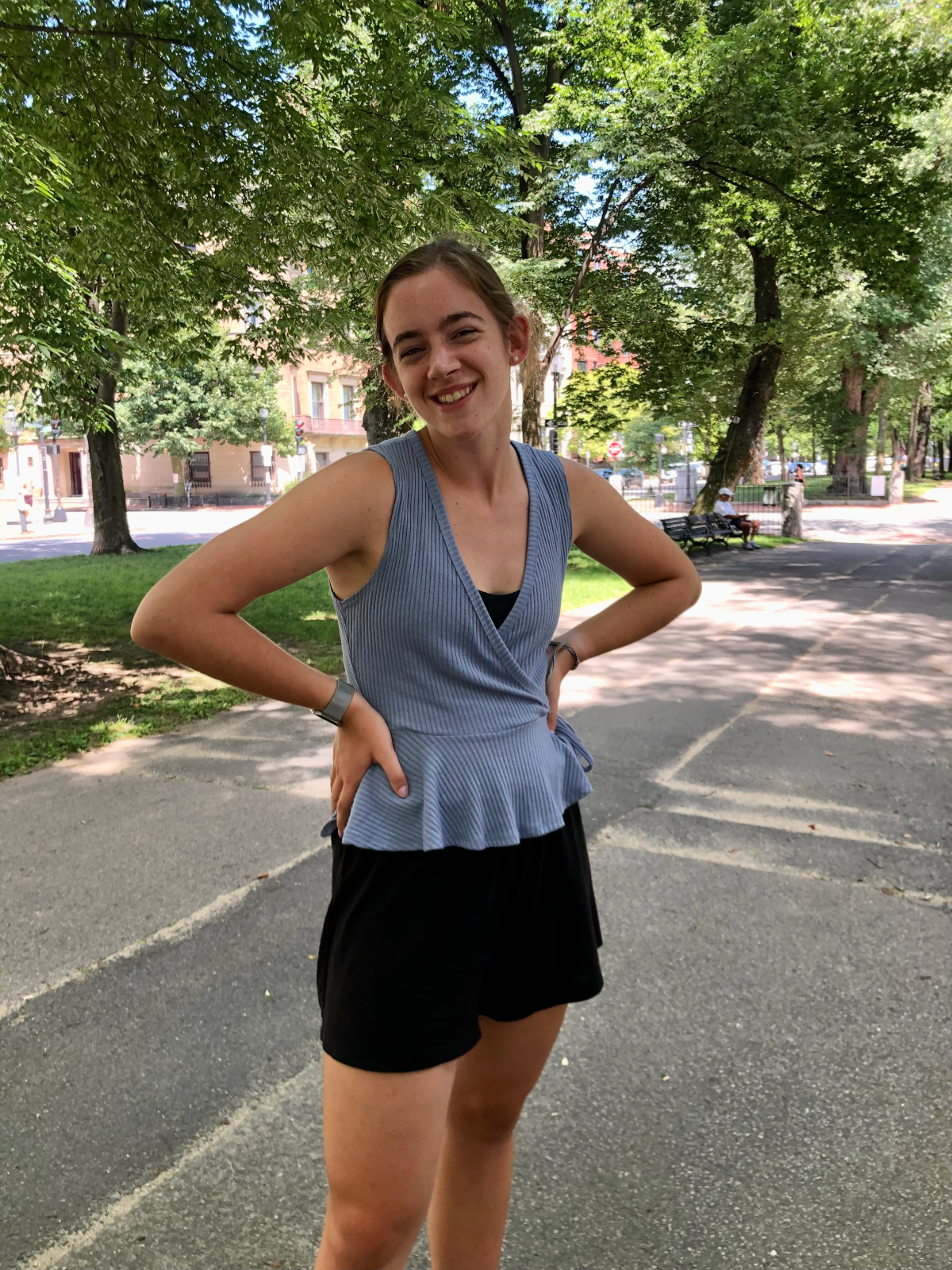
We are very fortunate to have an experienced writing fellow, Kevyn Dewees, helping us this semester. Here's how she will help us
- You will meet with Kevyn twice over the course of this semester to talk about an early draft the first two papers.
- During the session, your Writing Fellow will review your paper with you, ask you questions about it, and help you determine a plan for revision.
- Your Writing Fellow won’t tell you what to write;you retain ownership of your paper. Your Writing Fellow can guide you, but only you can truly decide what direction to go in your writing.
- Come to the session prepared to think, write, and speak. Bring your course texts, your essay (either on paper or on your laptop), and something to write with.
- Meeting with your Writing Fellow is required. It is meant to be a low stakes thing, but these meetings will go towards a small part of the grade on your paper.
- If you miss your appointment or cancel with fewer than 24 hours' notice, your Writing Fellow cannot reschedule. Please be considerate; Writing Fellows are students like you, whose time is valuable.
- Please also be considerate when making appointments with your Writing Fellow. You should make your appointments at least 48 hours in advance. Avoid making an appointment at the last minute; the Writing Fellow needs significant advance notice, so they can prepare for your appointment and plan their week accordingly.
Other Resources / Policies
Accommodations
In addition to our general awareness diversity, Ursinus College is also committed to providing reasonable accommodations to students with disabilities. Students with a disability should contact the Directory of Disability Services ASAP. Dolly Singley is located in the Center for Academic Support in the lower level of Myrin Library. Visit this link for more information on the process. I will do my best to accommodate your requests, and they will be kept completely confidential.
Let's Talk
Mental health care is increasingly recognized as a crucial service for the undergraduate population. Please visit this link for more information about complementary counseling services provided by the college. The Wellness Center has a virtual drop-in crisis hour at 2-3 pm each weekday, which is available for students in crisis who need to be seen immediately by a clinician. If you are still hesitant to go, take me (Professor Tralie) as an example of someone who has benefited greatly from talk therapy in the past. I am happy to discuss this in office hours in more detail.
Beyond that, please have a look at this document for a variety of resources related to mental health at Ursinus.
Finally, be aware that there are resources outside of mental health care proper to address some core sources of mental stress and strain, such as time management and writing at the Institute for Student Success and the Center for Writing And Speaking.
Title IX
Title IX is a federal law, under which it is prohibited to discriminate on the basis of gender. The Title IX Coordinator is available to receive inquiries and to investigate allegations in this regard.
Inclement Weather Policy (aka COVID Policy)
In the event that the College closes due to inclement weather or other circumstances, our in-person class sessions, drop-in office hours, or other meetings will not be held. I will contact you regarding our plan with regard to rescheduling the class or the material, any assignments that are outstanding, and how we can move forward with the material (for example, any readings or remote discussions that we can apply). If necessary, I may schedule online virtual sessions in lieu of class sessions, and will contact you with information about how to participate in those. I will communicate this plan to the department so that it can be posted on my office door if it is feasible to do so. This policy and procedure will also apply in the event that the College remains open but travel conditions are hazardous or not otherwise conducive to holding class as normal. Should another exigent circumstance arise (for example, illness), I will follow this policy and procedure as well.
By extension, if you have to miss class for COVID or any other serious illness, we will work together to make sure that you complete all of the participation exercises for class to stay up to date.